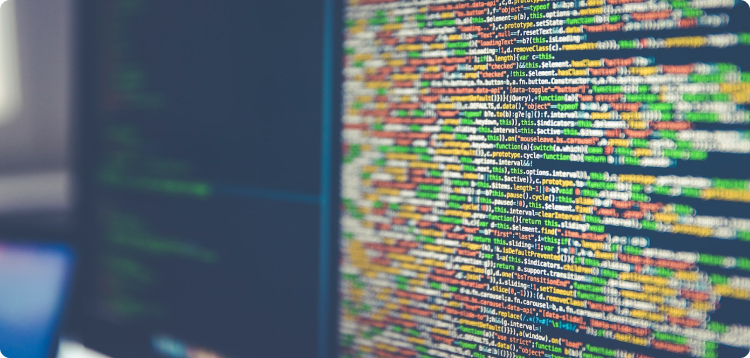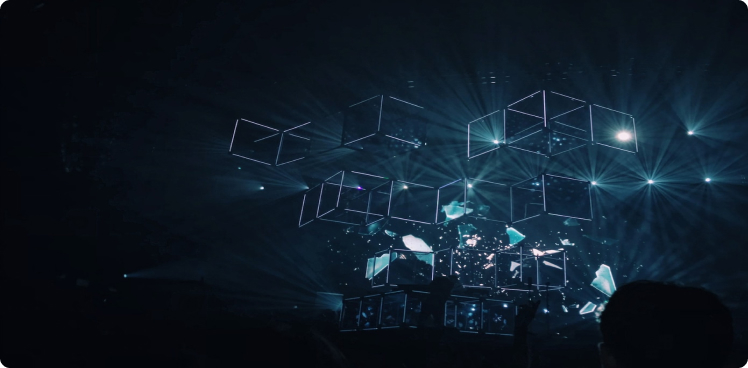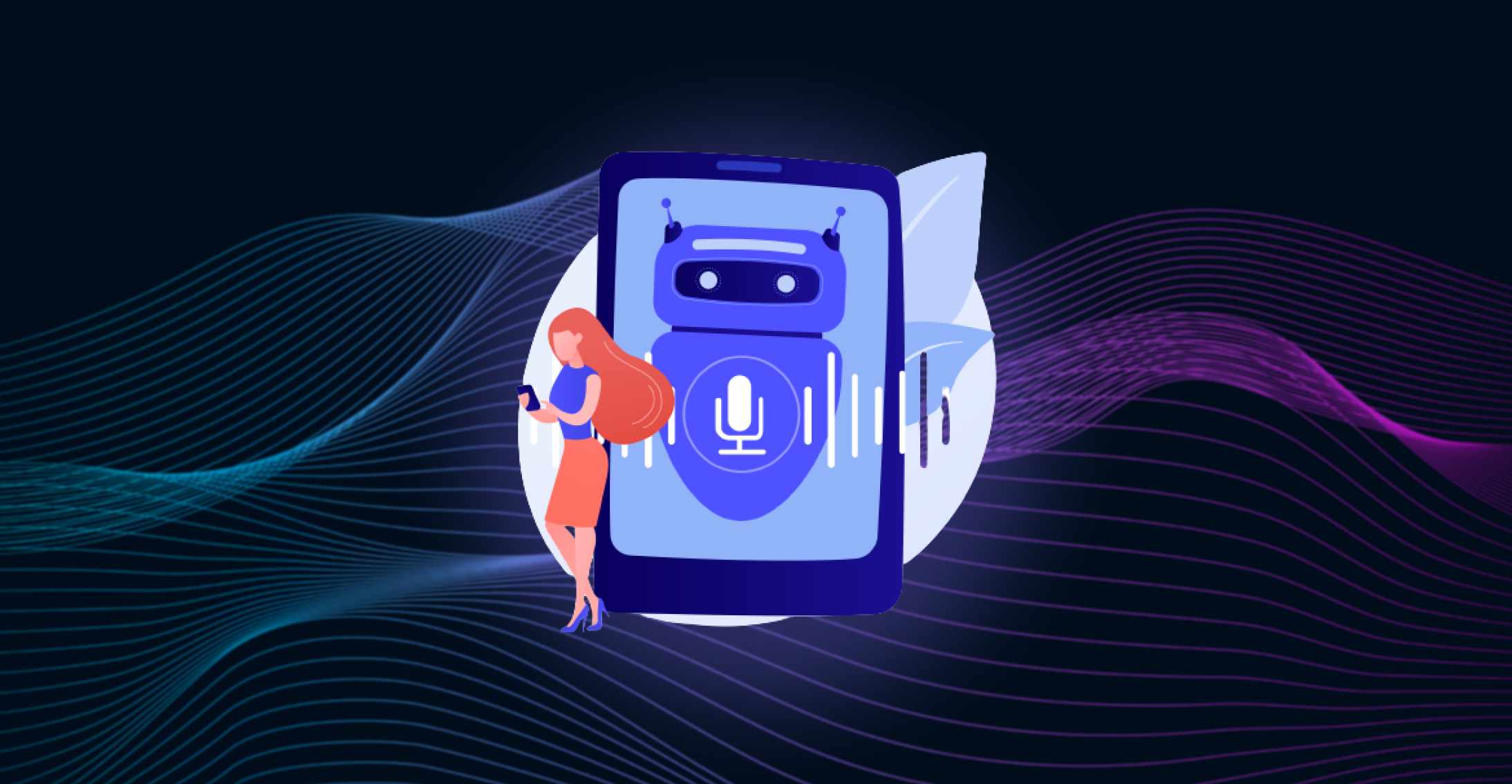In the physical world, our identity is dictated by our personal characteristics, experiences, and outward appearances.
We express our individuality through the way we dress, perhaps the car we drive or the signature drink we order; how we speak or the places we go.
In the metaverse, personalization and new digital representations of self are gaining just as much, if not more importance, as people grow comfortable with a better sense of control over the perception of themselves. It is now almost a given that you can play with your own identity, and this trend is becoming more ubiquitous.
The ability to create a unique avatar and personalize our virtual selves gives us a unique sense of autonomy and ownership in what are presently, comparatively unfamiliar territories. It allows us to create any version of ourselves, without having to worry about societal norms or expectations – bringing a particular sense of exhilaration that is evidently still in its infancy; but only set to grow.
And lastly, it gives us the freedom to be, quite literally, whoever we want to be and completely unbounded by physical restraints.
In a world where we are becoming increasingly interconnected from behind a screen, self-expression and identity are more important than ever before.
In virtual worlds and social networks, people have the opportunity to create an identity that is worlds different from their offline persona. They can change their voice, accent, their appearance, and style to better represent themselves online. This can be incredibly liberating for those who can sometimes feel alienated or socially awkward in real life, or those who want to explore different aspects of their personality; be it gender, character, sound or appearance.
The boundaries for creativity are being pushed. Now a person can sound like their favorite game character, celebrity, politician or cartoon character. Or maybe, just a deeper version of themselves. Maybe a little lighter, a little brighter. Maybe like a fully-fledged goblin – who knows? The prerogative sits with the user, as it should.
Of course the rise of digital media and technology has drastically changed the way we think about identity, how could it not?
We use avatars and digital alter-egos to express our true selves and as technology advances, we are increasingly able to play with how we sound; be it through AI voice-changing technology, voice cloning or innovative tech like text-to-speech. The opportunities to finally align our own sound with our perception of our identities have shifted hugely in the digital age and ripened opportunities to fully express yourself how you truly want to be heard.
This trend will only continue to hockeystick upwards as more people get comfy with the metaverse and adopt more of their lives in virtual platforms.
As a result, the definition of identity will continue to evolve, becoming more fluid and less reliant on physical characteristics.
Ready to take control of your own sound? Check out voice.ai and download our beta today.

Do We Need to Democratize AI - Spoiler Alert, Yes.
It is no question that the future of artificial intelligence will have an irrevocable and profound impact on society as we know it.
As with any new movement or changing paradigm, knowledge is vital – and with such a significant and far-reaching technology, the importance for as many people as possible to be able to understand and contribute to its development cannot, must not be underestimated.
As AI becomes more advanced and capable, there will be increasing pressures to utilize it in ways that cover the entire ethical spectrum; but by democratizing AI and giving communities the power and ability to shape the way it grows, we can help to ensure that the technology is harnessed in the best ways to promote creativity and collaboration, while being used responsibly and with accountability.
Additionally, opening up AI to everyone will help ensure that the technologies are developed fairly; as machine learning becomes more advanced, there is a substantial risk that it could be used to reinforce existing inequalities and biases – when innovation is placed in the hands of the community, we will create a more diverse and dynamic ecosystem of ideas and perspectives.
Younger people, particularly those belonging to Gen Alpha (born after 2010) and Gen Z (born in the mid-to-late 1990s to the early 2010s), stand to benefit greatly from the democratization of AI. As the generation being born into a world where they can create anything imaginable through the power of machine learning, society is watching Gen Alpha closely. AI will play an enormously significant role in the world that they inherit, be it for entertainment, their careers, homes and health to the way they travel, speak and shop, and by arming younger generations with the skills, knowledge and tools they need to understand artificial intelligence, we can help ensure that they are well-prepared to navigate and thrive in an ever-increasingly digital world that is currently unchartered territory.
Overall, it is indisputably clear that the democratization of AI is important for a number of reasons. By empowering individuals and communities to shape the development of the technology, we can promote responsible and ethical use, ensure fair and equitable development, and provide future generations with the comprehension they need to thrive in a world that is on the cusp of, yet another, digital revolution.

‘Tis the Season for Tech Predictions…
Amid the merriment, Mariah Carey and mulled wines of December, ’tis the season in which tech industry experts gather and forecast predictions for the following twelve months to come – as traditional during the festive season as Rudolph himself. Indisputably, however, we’re set for an exhilarating 2023 if the last few months in the AI space are anything to go by.
If AI wasn’t on the mainstream radar before (though spoiler alert, it definitely was..), with the recent ubiquity of ChatGPT and headlines rife with distinct polarizations on the future of humanity in the era of machine learning, all eyes are on the AI space in 2023 and watching the impact of accessible AI very closely.
First and foremost, it’s obvious with the swathes of users creating AI versions of their own avatars, voices, clothes and representations of creativity, we can expect complete virility of people using AI for content creation, recreational activity and social communications online. From the inundation of users we’ve had flooding to Voice.ai, even in beta, to build their own unique synthetic voices, we can see from our community behaviours that this revolution for AI generated creativity is only set to snowball next year.
It’s not only consumers adopting AI more heavily; across a suite of industries including education, healthcare and finance, more and more businesses are integrating machine-led technologies to improve customer experience, automate tasks, facilitate crucial screenings and enable better data-driven decisions. Next year, we’ll see this increase even more, with more companies incorporating AI into their operations.
Tabloid media might be putting the fires up their readers with sensationalist statements insinuating that all jobs will eventually be replaced by dystopian robots, but any ounce of pragmatism, technical expertise or sound logic will give way to the fact that this simply isn’t the case. We have a team of experts at Voice.ai building the product; it is our community of users that train the model and create more content with the tools we give them.
Humans fuelling machines to become better, greater, smarter – this isn’t new nor exclusive to Voice.ai, nor will it cease. We’ll only develop great technology with great people, and we’re going to see AI be a help, not hindrance, for humanity. Collaboration between AI and people will only continue to grow stronger; with the latter fuelling even better developments for the former.
We can also see that more advanced AI algorithms are being developed; as AI continues to advance, we can expect see new algorithms that are even more sophisticated and effective at solving complex problems. These algorithms may be able to learn from data more quickly and accurately, leading to even more impressive results.
It goes without saying that next year is going to make for a compelling time in our industry, as AI further expands into the mainstream and is adopted more into our day to day lives; we can expect to see even more impressive developments and applications in a variety of industries – inevitably, for the better.
In the meantime, the jury is out on whether the big man himself is using ChatGPT to write the Naughty & Nice list…











